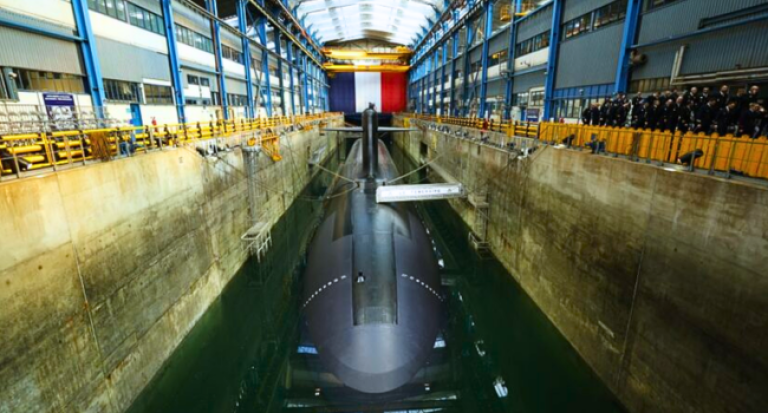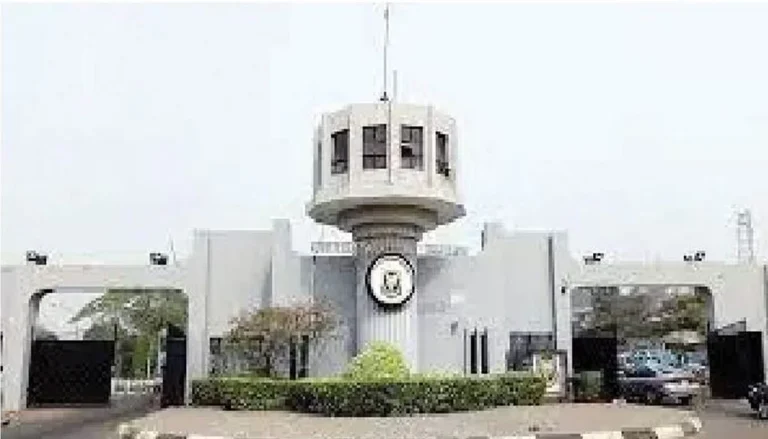
Yesterday, the government declared that the price of single-phase and three-phase pre-paid electricity metres would be going up as of September 6, 2023.
The Nigerian Electricity Regulatory Commission (NERC) made the announcement in an order with the number NERC/2023/020. The order was signed by NERC Chairman Sanusi Garba and NERC Commissioner Dafe Akpeneye.
The government issued an order increasing the price of electricity metres, with single-phase metres costing N81,975.16k (from N58,661.69k) and three-phase metres costing N143,836.10k (from N109,684.36k).
Consumers of electrical power pushed back on this, questioning the rationale behind the Federal Government’s repeated price increases for energy-related goods and services in Nigeria.
The NERC raised metre prices, but it said it did so to protect Metre Asset Providers and end-use customers by maintaining market stability.
It was explained that the price increase was necessary so that MAP could make a profit after investing in the cost of installing and maintaining the metres.
In order to avoid overcharging customers, it is important to assess how much customers will have to pay for metering services. The commission urged MAPs to “ensure that MAPs can provide metres to end-use customers in the prevailing economic realities.”
End-use metres provide revenue assurance to both the utility and their end-use customers, so closing the metering gap for these customers was cited as crucial to the industry’s long-term viability in Nigeria.
The Metre Asset Provider scheme is one of the four regulatory frameworks for metre distribution to NESI end-use customers.
According to Section 8(1)(c) of the regulations, MAPs must charge the regulated rates approved by the commission for the cost of single-phase and three-phase metres, as well as the costs of installation and warranties.
“The commission notes that significant changes in macroeconomic indicators, such as inflation and changes in the foreign exchange rates, have necessitated a review of the regulated rates for MAP metres,” the NERC said.
According to the statement, the commission also used information from the Central Bank of Nigeria and the National Bureau of Statistics on the significant changes in macroeconomic indicators as criteria for the metre price review.
In the meantime, the commission ruled that MAPs must continue to pay the NERC-approved regulated rates for single-phase and three-phase metres, as well as all other costs related to installation and warranties.
The document clarified that while the approved metre prices did not include VAT, they did include the updated sealing cost imposed by the Nigerian Electricity Management Services Agency.
According to the document, the price of sealing a single-phase metre was N842.80 and that of a three-phase metre was N1,100.80.
All MAPs must change their prices to match the new standards. End-use customers who have already paid for metres prior to the implementation of this order will continue to receive those metres at the same rate in effect at the time of the customers’ original purchase.
In addition to a timetable for implementing their metre rollout plans, “All Discos and MAPs are to develop/implement customer enlightenment campaigns on the price review.” As previously mandated by the regulatory body governing the MAP industry, all MAPs must maintain monthly sales and metre installation returns filings with the commission.
Customer Reactions
Users of electrical power argued against the price increase of metres, urging the government to think about the plight of ordinary Nigerians and roll back the price hike.
Uket Obonga, national secretary of the Nigeria Electricity Consumer Advocacy Network, said, “They (government) have talking about this since the unification of the foreign exchange rates, but we warned against it due to the plights being faced by Nigerians currently.”
He explained that some Metre Asset Providers had threatened to stop providing metres altogether if the government didn’t increase the price of the equipment, so the government was forced to give in to their demands.
He explained to our correspondent that with the recent increases in fuel and diesel prices as well as metre prices, etc., Nigerian consumers are having a hard time making ends meet.









https://interpharm.pro/# best international pharmacy
recommended canadian online pharmacies – interpharm.pro Trust and reliability on a global scale.
https://pharmacieenligne.icu/# acheter medicament a l etranger sans ordonnance
http://farmaciabarata.pro/# farmacia online internacional
Pharmacie en ligne livraison rapide: Pharmacie en ligne France
http://edapotheke.store/# online apotheke versandkostenfrei
Pharmacie en ligne livraison 24h – Pharmacie en ligne France
They have a great range of holistic health products. canada pharmacy: reliable canadian pharmacy – canadian pharmacy prices
mexico pharmacies prescription drugs: mexico drug stores pharmacies – buying prescription drugs in mexico online
The staff always remembers my name; it feels personal. mail order pharmacy india: canadian pharmacy india – top online pharmacy india
reputable mexican pharmacies online: medication from mexico pharmacy – mexico pharmacies prescription drugs
Online medicine home delivery: pharmacy website india – world pharmacy india
Their international drug database is unparalleled. reputable mexican pharmacies online: best online pharmacies in mexico – mexican border pharmacies shipping to usa
canadian pharmacies online: the canadian drugstore – canadianpharmacymeds
Their international patient care is impeccable. buy drugs from canada: canadian pharmacy prices – canadian discount pharmacy
legitimate canadian pharmacy: canadian pharmacy antibiotics – canada rx pharmacy world
The best place for quality health products. thecanadianpharmacy: canada discount pharmacy – canadian pharmacy antibiotics
indian pharmacy paypal: online shopping pharmacy india – indian pharmacies safe
canadianpharmacyworld com: best canadian pharmacy online – canadapharmacyonline
Hassle-free prescription transfers every time. mexican drugstore online: mexican online pharmacies prescription drugs – mexican pharmaceuticals online
zithromax buy online no prescription buy Z-Pak online zithromax 250 price
cheap zithromax pills buy zithromax zithromax purchase online
Get here. https://edpillsotc.store/# male ed drugs
http://doxycyclineotc.store/# doxycycline 40 mg capsules
Their commitment to international standards is evident. gnc ed pills: ED pills online – online ed medications